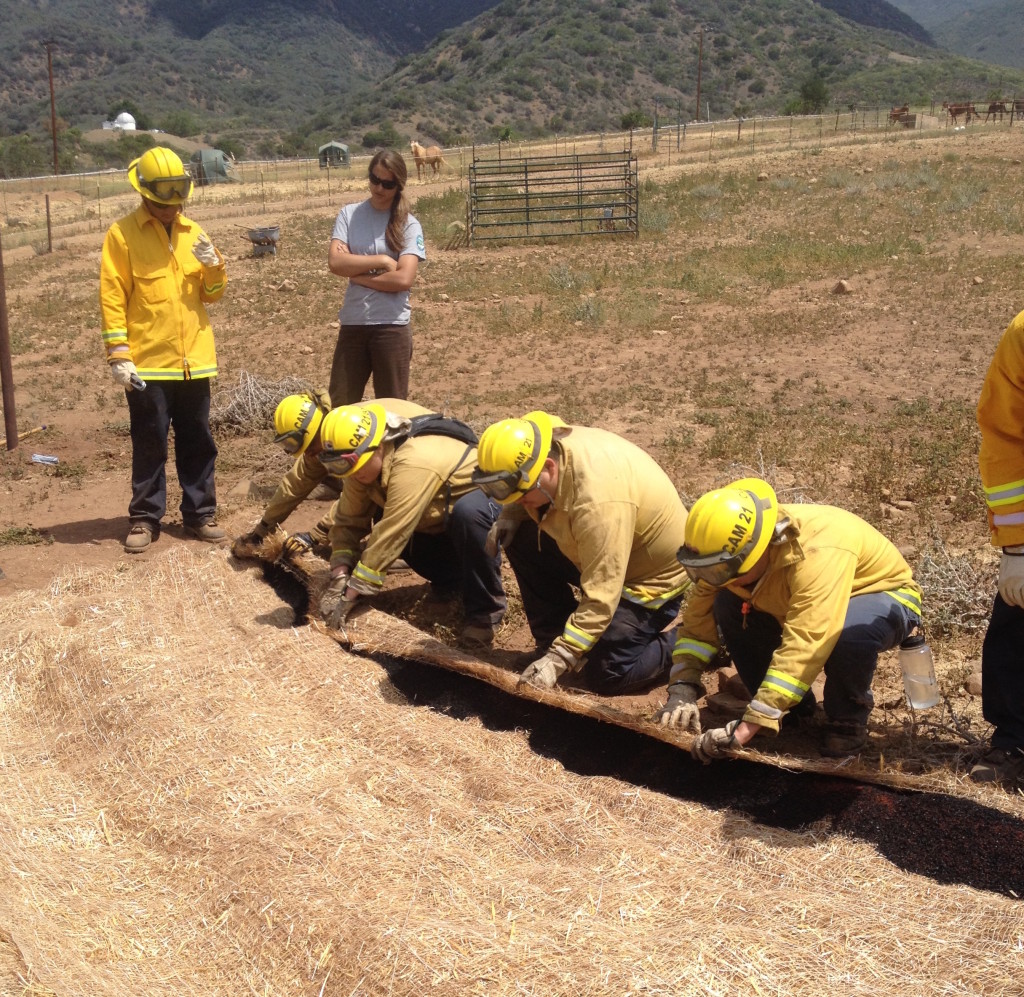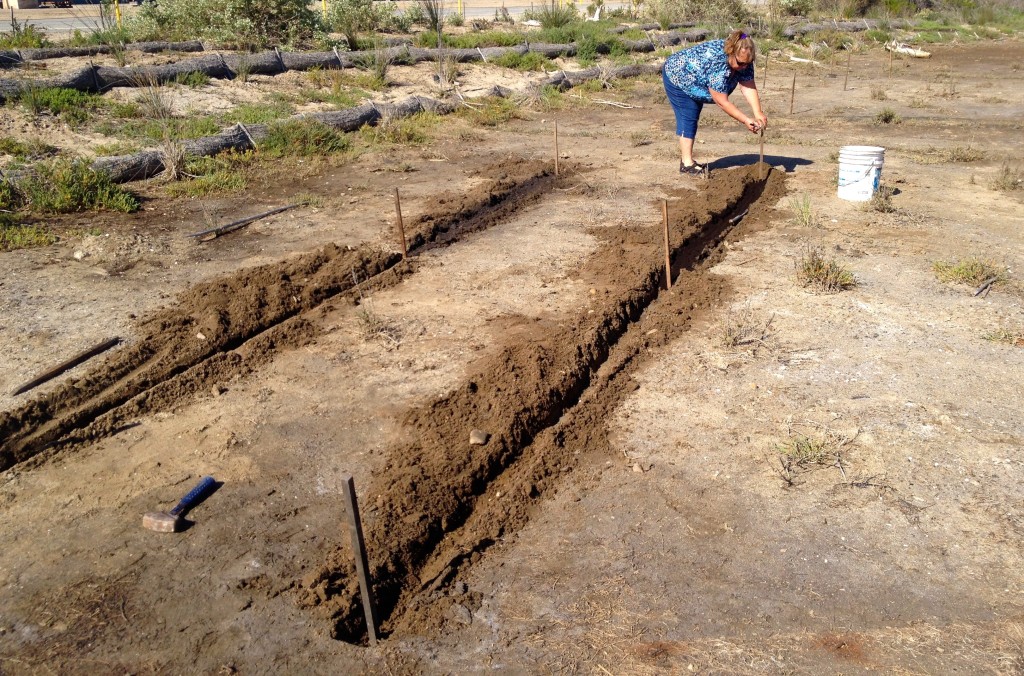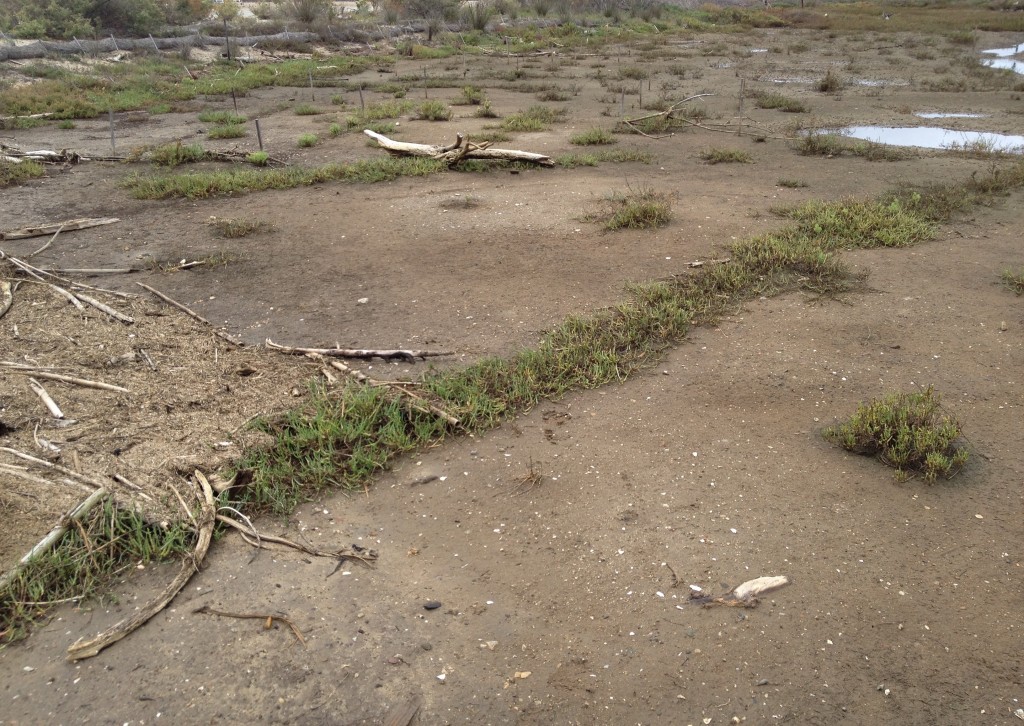Biochar, originally called agricultural charcoal, is organic material that has been heated to high temperatures at low levels of oxygen. Biochar has a high surface area, is highly porous, and has a variable surface charge (mostly negative , thus it attracts positively charged cations). Biochar has the capacity to increase soil water-holding capacity, cation exchange capacity (CEC) surface sorption capacity, and base saturation. Cavities within Biochar act as sites for soil microorganisms involved in nutrient transformations.
The low cost of biochar makes it a superior choice for Storm Water Remediation, where biochar will remove Chemicals of Concern, such as copper and zinc.
We distribute a range of high-quality biochars from Biochar Supreme. We use Biochar Supreme exclusively in our restoration projects. This superior product is available in powdered or 1 – 5 mm size. Biochar Supreme biochars are suited for:
- Establishing plants in degraded or highly mineralized soils
- Environmental restoration
- Storm water remediation
- Gardening and hydroponics

Biochar being utilized to promote recruitment of saltmarsh plants.

Biochar can be added to the composting process to lower EC and salts. Biochar for soil amendment. Biochar for nutrient capture.
Native Pickelweed recruited naturally onto biochar/compost trenches.

